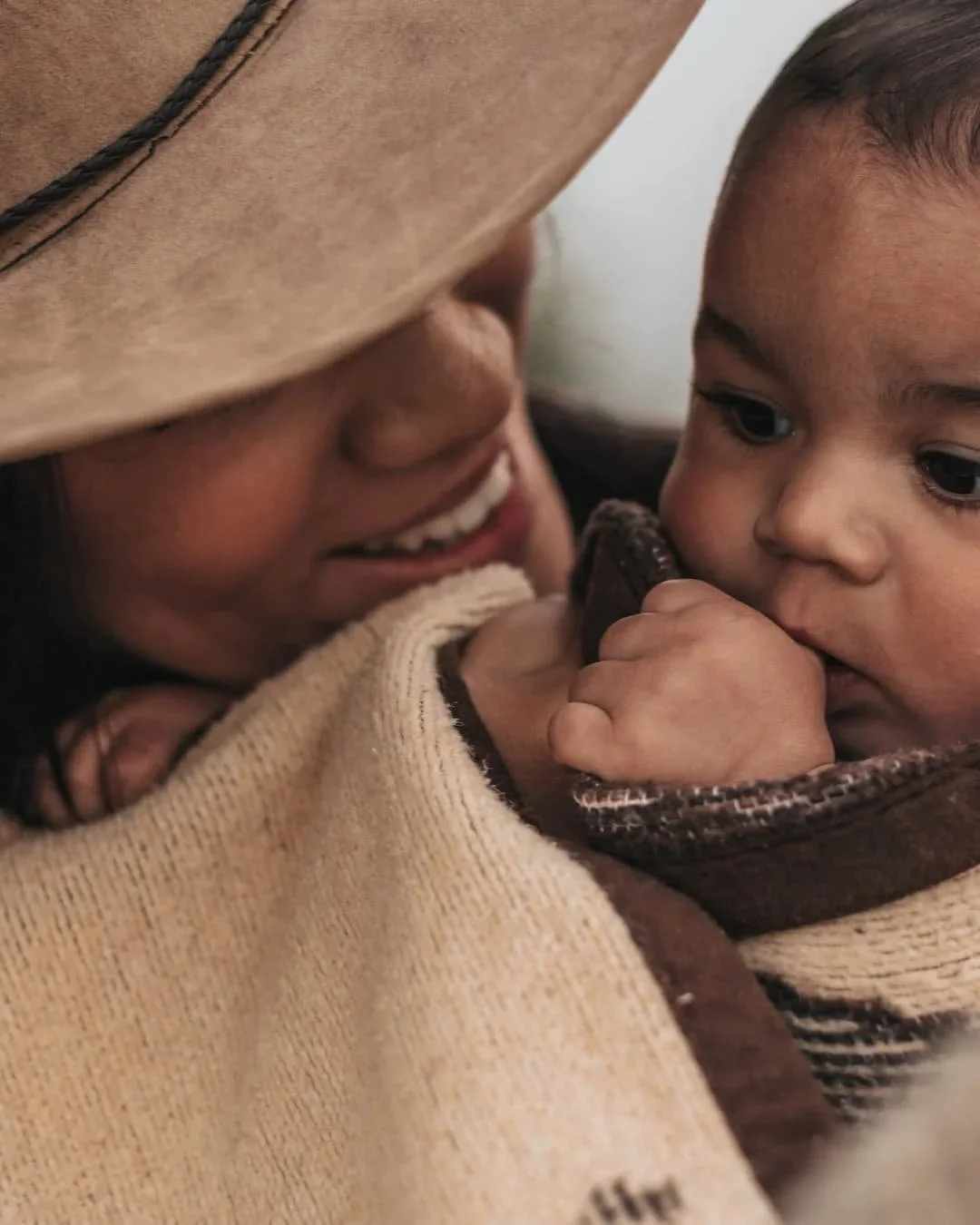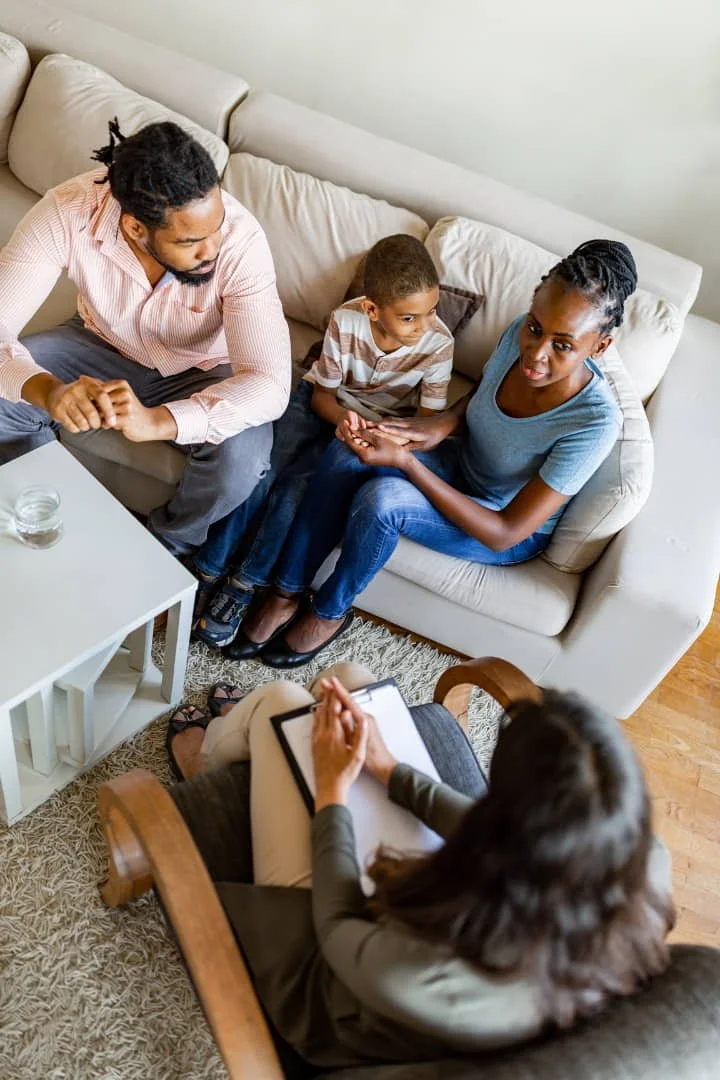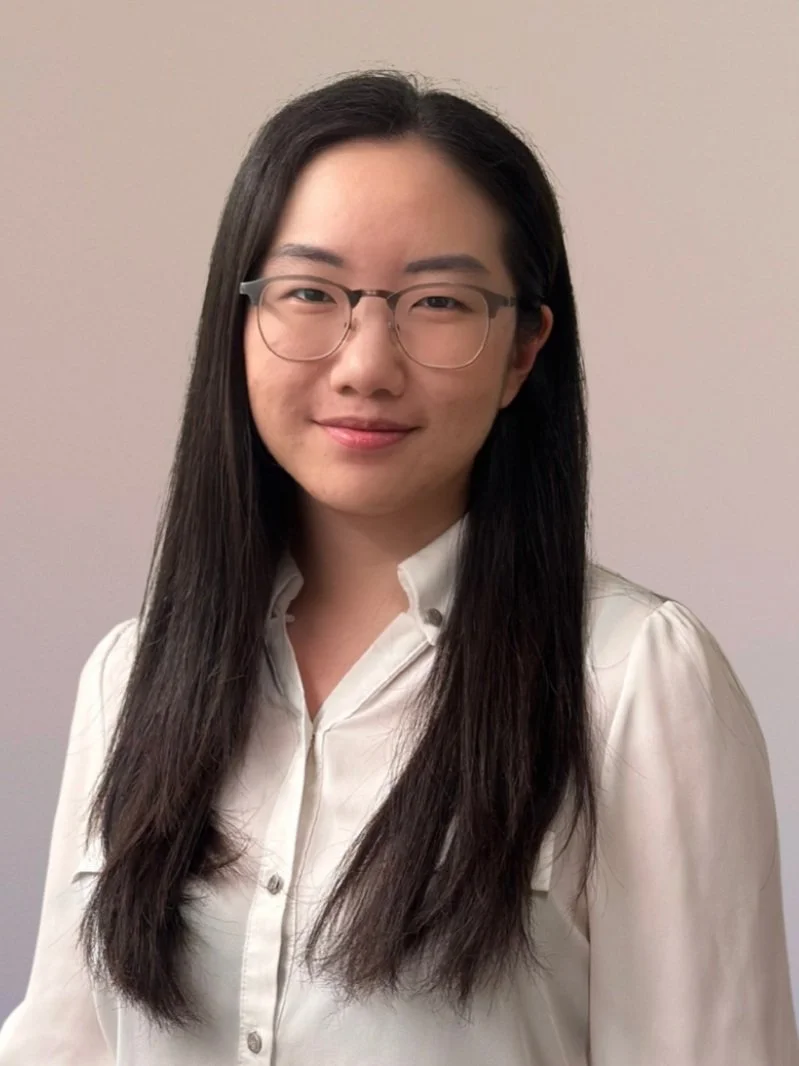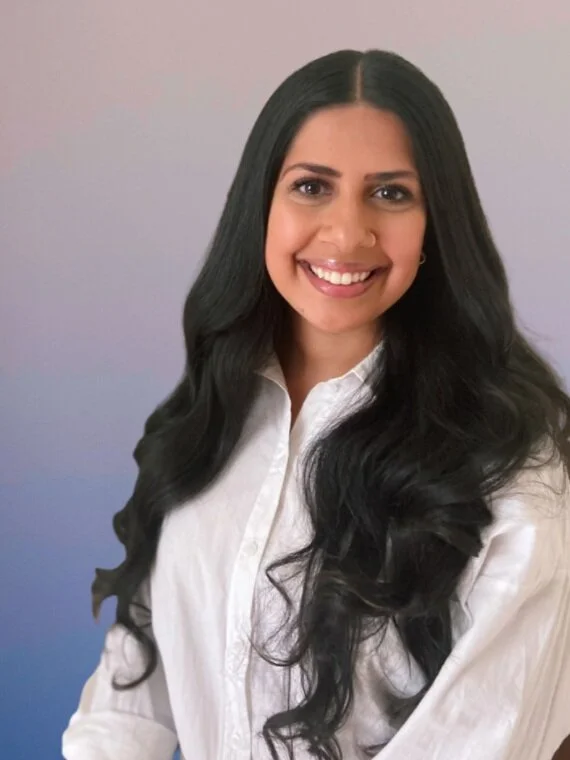
Are You Exhausted From Carrying The Weight Of Other People’s Expectations?
Do you struggle with imposter syndrome or question your worth in predominantly white workplaces or academic settings?
Have you ever felt torn between cultures, switching the way you act or speak depending on which room you’re in, until you’re not sure which version of you is most authentic?
Are you striving to live up to family pressures, unspoken cultural norms, and an intense push to succeed, leaving you drained and disconnected from who you really are?
Racism and ongoing microaggressions can take a serious toll on your mental health. You try to ignore the quiet shame that creeps in and tells you that you’re not “enough,” but you’re tired of feeling unseen and misunderstood.
Perhaps you’re holding yourself to unrealistic expectations in an attempt to prove your worth. Yet in your quest to avoid letting anyone down, you’re drowning under chronic stress.
You long to embrace your whole self, nurture relationships where you’re truly valued, and break free from the cycle of burnout and self-doubt. You deserve a space to heal where your culture isn’t questioned, but honored as an essential part of who you are.
At Repose, our BIPOC counselors don’t just integrate cultural understanding into therapy—we start from your lived experience. We honor your culture and identity as central to who you are, and understand the profound ways they shape and influence every part of your life. Our sessions are relational, body-aware, and grounded in deep empathy. We go above and beyond to ensure you feel emotionally safe and fully seen.
Stigma And Systemic Inequality Create Barriers To Therapy Access For BIPOC
Systemic inequality, stigma, and a lack of culturally responsive providers can make it difficult for BIPOC across many backgrounds to access mental health services.
Only one-third of Black adults who need a therapist receive mental healthcare, while Asian-Americans have the lowest rate of mental health service use. Latinx individuals are also less likely than white individuals to work with a therapist or stay in therapy.
Growing up, you may have been taught that it was inappropriate to talk openly about mental health struggles, and emotional turmoil should be solved through prayer or religion alone. Furthermore, when therapists don’t understand cultural dynamics like code switching, colorism, or immigration trauma, you can end up feeling even more isolated.
You might be able to manage your symptoms, but without culturally attuned care, you can only make so much progress. Our therapists are here to help you overcome stress and anxiety, recover from depression, and navigate other complex issues, such as:
Dealing with the unspoken burden of caretaking and creating space in your life to tend to your own needs
The unique pressures that come with being the only minority in predominantly white spaces
“Survivor’s guilt” and questioning where you belong if you were the first in your family to achieve financial stability and independence
Beliefs around quietly enduring emotional suffering and trying to resolve issues on your own, without leaning on anyone for support
Recovering from intergenerational trauma and understanding how the family hardships can affect you on an epigenetic level
Seeking support is not a sign of weakness. It means you’re pursuing paths to healing that others in your community may not have had the opportunity to before.
Have any questions? Send us a message!
At Repose, We Offer Therapy For BIPOC That Honors Your Full Identity
Healing centers around honoring your identity, processing the weight of intergenerational trauma, and finding freedom from cycles that no longer serve you. In our practice, therapy is a place where every part of you belongs.
All of the therapists on our diverse, multi-lingual team are trained in cultural somatics to best serve our clients and provide care attuned to your unique experiences and needs. Our team provides therapy for Black, Asian, Latinx, and indigenous people, as well as individuals from other cultures.
Whether you want to work with a therapist of color who shares your background, or you’re looking for someone who specializes in a certain mental health concern, we’ll match you based on your specific priorities. In therapy, we can also consider other aspects of identity, supporting women of color, immigrants, second- and third-generation Americans, mixed-race individuals, and people raised in blended cultures.
You won’t have to educate us on your culture—we’re already listening between the lines. At Repose, we understand and validate the impacts of intergenerational trauma and societal prejudices. Your therapist will hold space for your complexity as a POC with warmth and respect.
What To Expect
Throughout counseling sessions, we’ll explore the ways in which family dynamics, attachment wounds, body memory, cultural expectations, and emotional suppression may have shaped your sense of self as a BIPOC. We recognize how discrimination, societal injustices, and the pressure to represent your community in predominantly white spaces can harm your well-being.
Together, we’ll work towards stepping away from patterns of appeasement and protecting your peace within your personal and professional life. Over time, you’ll foster the courage to live in alignment with what truly matters to you.
We take a holistic approach to counseling to help you heal at the root, integrating wide-ranging techniques such as:
Somatic Experiencing for reconnecting with your body, noticing where stress and trauma are stored, and learning to trust your physical cues rather than ignore them for the sake of meeting others’ expectations
Eye Movement Desensitization and Reprocessing (EMDR) therapy for processing ancestral patterns and microaggressions that echo in your nervous system
Internal Family Systems (IFS) therapy for exploring the parts of you that are carrying shame and fear, creating space for your authentic self to shine through
Dialectical Behavior Therapy (DBT) for building practical skills in emotional regulation and healthy communication so that you can break cycles
Mindfulness for grounding yourself in the present, enabling you to respond to challenges with clarity rather than relying on old survival strategies
You don’t have to navigate your healing journey alone. At Repose, therapy is a space where you can feel fully seen, heard, and held without judgment or the need to explain yourself as a BIPOC individual.
Common Concerns About Therapy For BIPOC
-
No. Therapy should be a place where your identity as a POC isn’t a topic of debate. Our therapists are trained to understand the nuance of racial trauma, cultural dynamics, and lived BIPOC experiences. You can speak freely here and be met with depth, not disconnect.
Many of our clients find that through healing themselves, they’re able to show up more fully in their relationships.
-
Many of our POC clients were taught to minimize pain, stay strong, or keep things in the family—but counseling isn’t selfish. It’s a courageous act of breaking cycles. You’re not betraying your culture by seeking support. You’re honoring your needs, and that matters.
Therapy isn’t about doing things perfectly; it’s about showing up and allowing space for something new to emerge.
-
We meet you exactly where you are. There’s no right way to begin your healing journey, as long as you make the decision to show up. Even if all you can bring is your exhaustion, we’ll hold that with care. You are not broken. You’re human, and healing is possible.
Our approach is never about erasing your values; it’s about helping you live in greater alignment with them. In fact, many South Asian clients find therapy helps them feel more connected to their spirituality, their family, and their culture—on their own terms.
Therapy Can Help You Come Home To Yourself
If you’re searching for a counselor who understands your lived experiences as a BIPOC, our therapy team is here for you. We invite you to schedule a free consultation to be matched with a therapist who has walked in your shoes.

Explore the Repose Journal
Meet Our Team
Our BIPOC team includes licensed therapists, trauma specialists, and somatic practitioners.
















